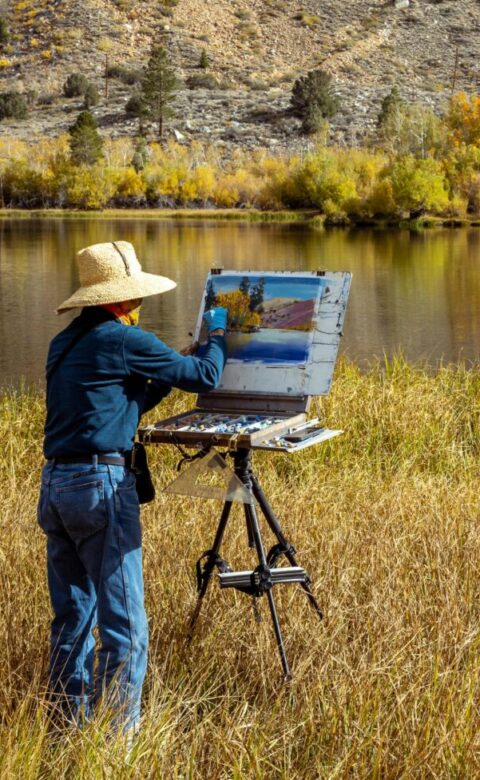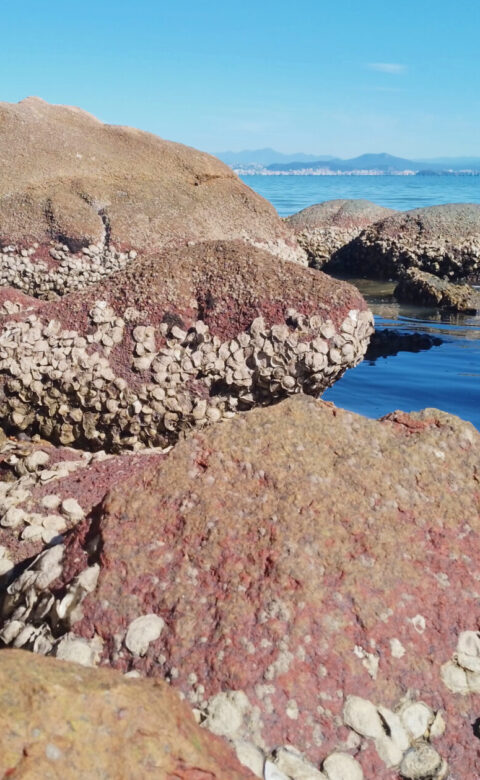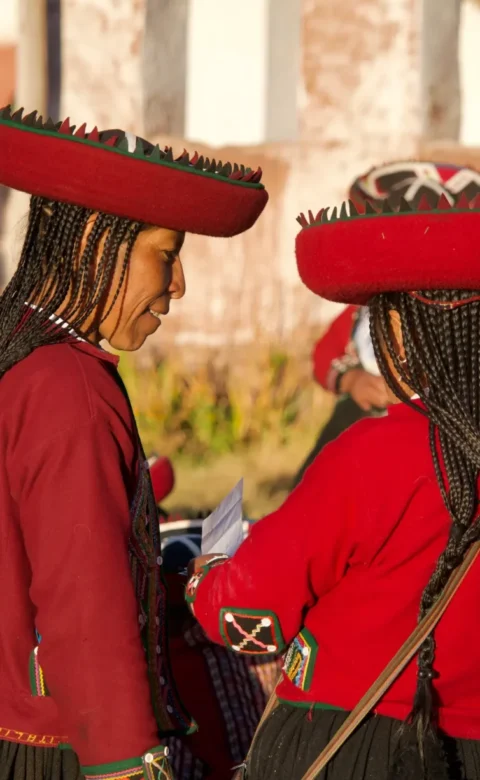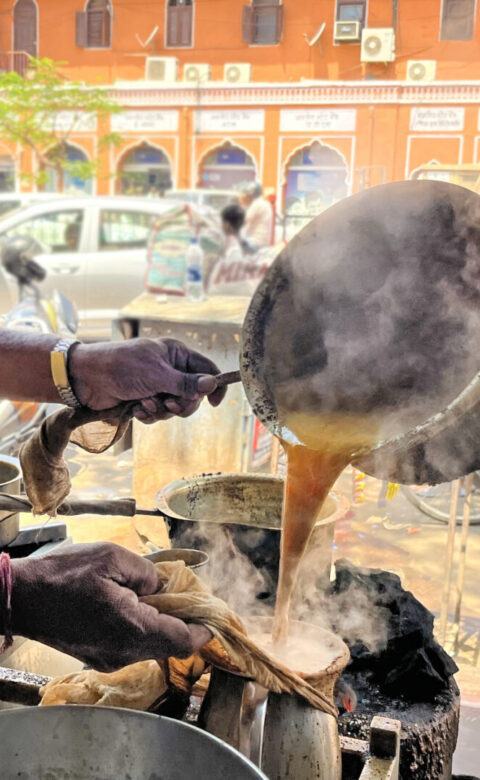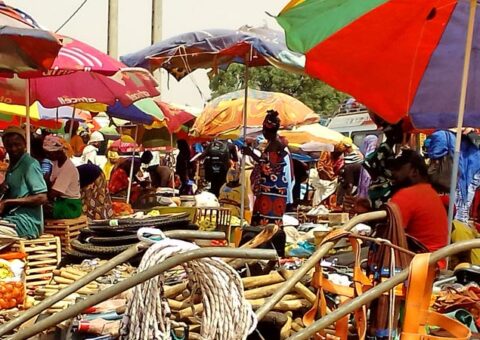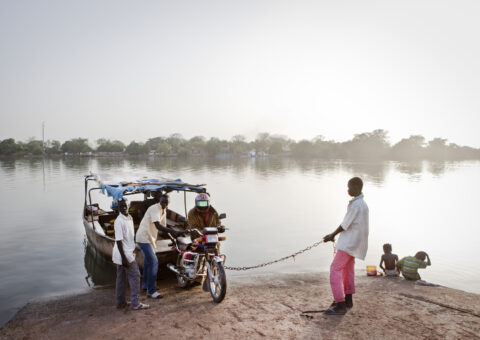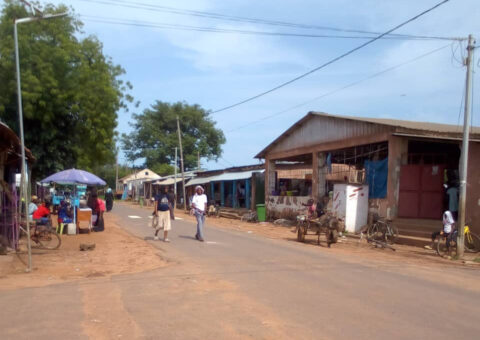One thing that you’ll find when you buy local breakfast in The Gambia is that it often comes wrapped inside some kind of reading material. Occasionally it’s the pages of a book, or often an out-of-date newspaper. So long as you aren’t too bothered about food hygiene standards or a bit of ink on your fingers, it’s a system that works to stop the contents of your sandwich ending up in your lap or on the floor.
Also, as someone who no longer really follows the news and who rarely finds the time to sit and read, these snippets of information served up from around the world have become something that I look forward to in the morning.
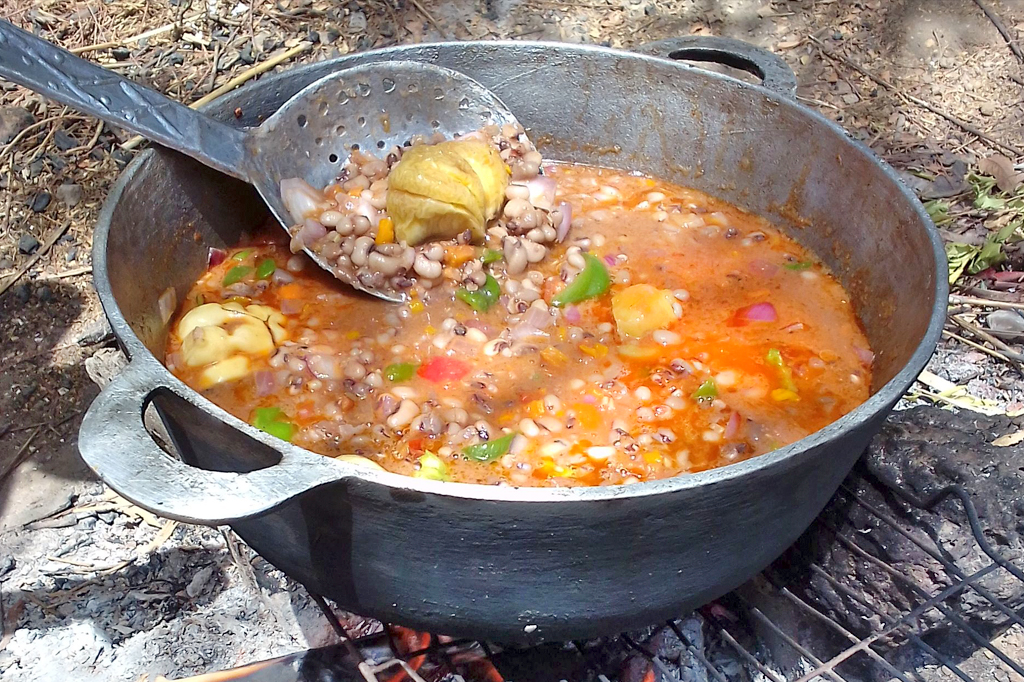
On Monday this week I had stewed beans, which are a staple all over Africa and a personal favourite of mine. Usually it’s made with black-eyed peas, cooked down to a thick paste with plenty of onion, garlic and a touch of chilli. They’re cheap, healthy, filling and all the ingredients are grown locally. Vegetarians are occasionally surprised to find that the best-tasting beans can contain small chunks of meat.
That day, it was served in the front page of the Gambian newspaper, Forayaa, with an article discussing the challenges faced by Gambian farmers due to declining annual rainfall and increasing costs of fertiliser.
Tuesday it was Gromsup: Smoked bonga fish with pickled onions, lime, ginger and a generous sprinkling of fiery red chilli powder. Bonga is a small, bony fish that is found in the brackish coastal waters along the tropical sections of the Atlantic coast. It boasts a delicious, sweet flavour and is high in beneficial oils, proteins and minerals. It has long been a vital source of nutrition for the poor communities of West and Central Africa.
The page from The Guardian in which it arrives tells me that food security in The Gambia is highly threatened due to over-fishing of bonga to supply fish meal to farms in China.
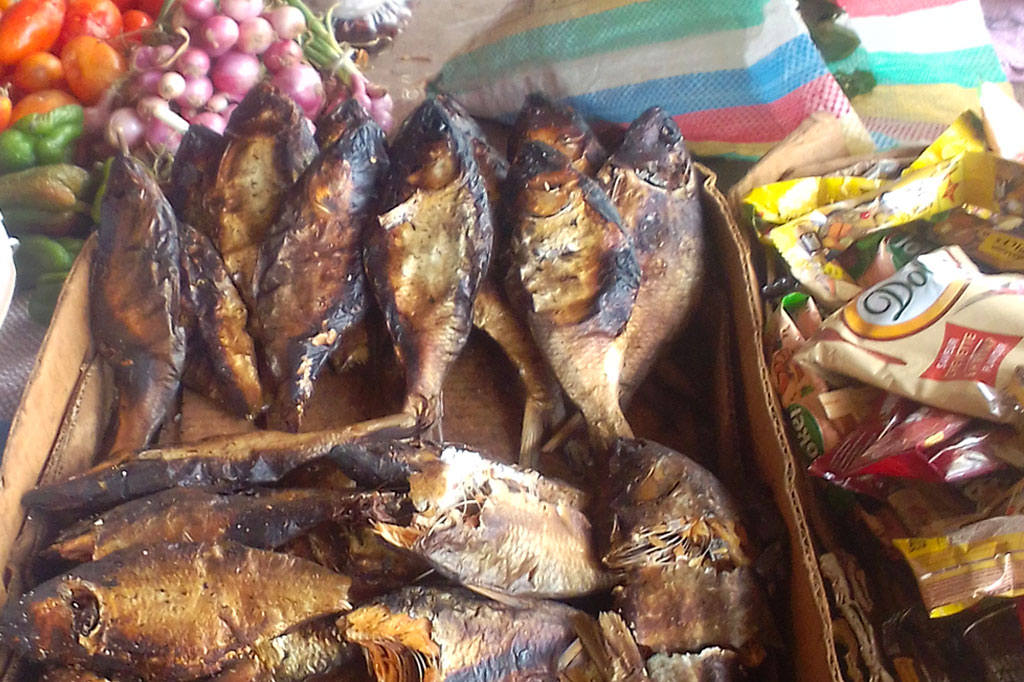
On Wednesday it was ‘bullets’. Also known as untu in Mandinka, bullets are small fish balls cooked in a rich tomato sauce. They arrived, still warm, served in a plastic bag. As I sat and drained them into a bowl I unwrapped the newspaper around my bread to peruse an article from the Times. The news story was about the Senegalese army using The Gambia as a base to attack separatist rebels in Casamance.
Thursday’s repast was ‘corned beef’. In fact, what they call corned beef in The Gambia isn’t beef and it hasn’t been corned. The name is a hangover from the days when Gambians used to find corned beef in all of the local shops. These days, real corned beef can only be found in the big supermarkets at the coast and is priced beyond the budget of most Gambians. What is called corned beef is actually mechanically recovered chicken but it’s surprisingly edible if it’s fried with onions until it goes brown and crispy and then covered in tomato ketchup. “Spam”, I thought as I glanced through the advertisement page of a Metro newspaper.
On Friday I was late to go out and the breakfast sellers had already gone home, so I walked to the local shop. Every village has at least one shop, usually selling a very limited range of items, but nearly always selling bread with something. Usually you’ll find ‘butter’ (which is actually margarine), mayonnaise, chocolate spread, boiled egg or sardines. It’s hardly fine dining but options are limited between breakfast and lunchtime, which in The Gambia starts at 2pm earliest.
The bread came wrapped in a page from the UK’s most right-wing paper, the Daily Mail, with an article describing cramped conditions onboard the boats taking migrants the ‘back way’ to Europe. “Sardines”, I decided, and bought an onion and a packet of chilli powder to accompany them. I sat at home looking at my sandwich, and watched the oil soak into the newspaper. I took a bite but it tasted of bitterness and bigotry so I left it.
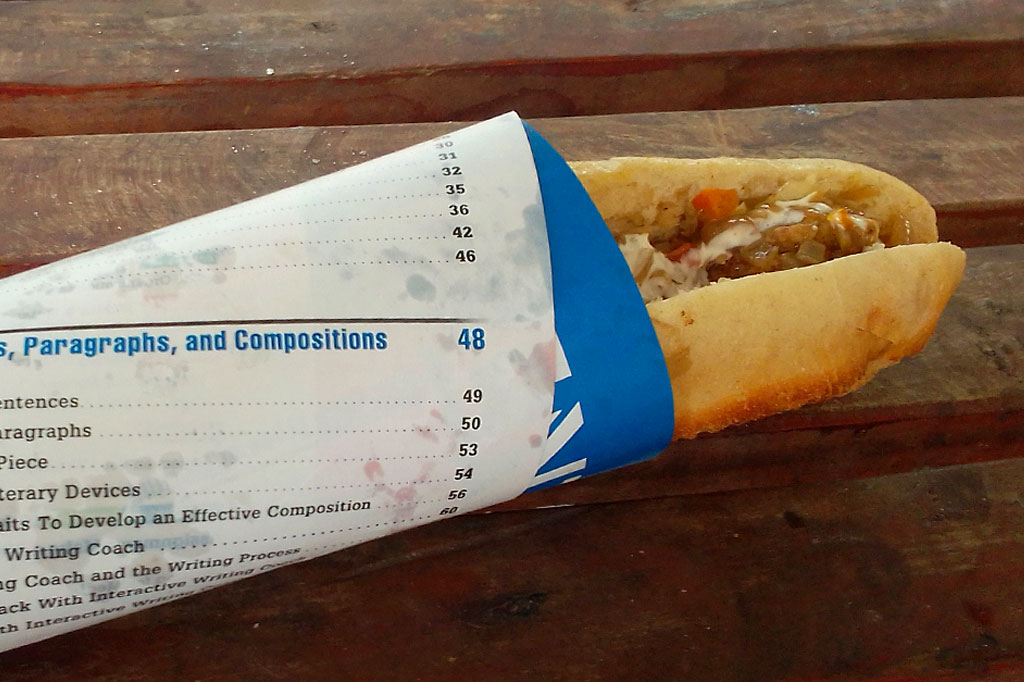
Today it was akara, or bean fritters. Looking much like chicken nuggets, they are crispy on the outside and have a light crumbly texture within. They arrived in two pages from the contents section of a school English textbook. I was overdue to pitch some story ideas to a travel website, so I was pleased to see that the subject was creative composition.
Reading through, I learned that page 2 would ask (and hopefully answer), ‘Why do you write?’. Page 3: ‘What do you write’ and ‘Where can you find ideas?’
“Breakfast can be an education”, I mused.
I keep reading. Chapter 3: ‘Using rhetorical questions’. Indeed, who knows what they are? By Chapter 5, the plot thickens as we get deeper into the process of writing. ‘The organisation of a non-fiction narrative’. “This is just what I need!” I thought to myself. Onward to Chapter 8: ‘Genres – Magic realism’.
With any luck, tomorrow I’m hoping to find page 98 wrapped around my breakfast: ‘Creating a strong ending to your composition’.
Still peckish?
- Travel with your senses to the Big Apple for a bagel
- Warm up with a hearty start in Scotland
- Get a taste of Nova Scotia’s comforting breakfast
- Start your day with abundance on the Emerald Isle
- Enjoy a plant-based morning feast in North Carolina


